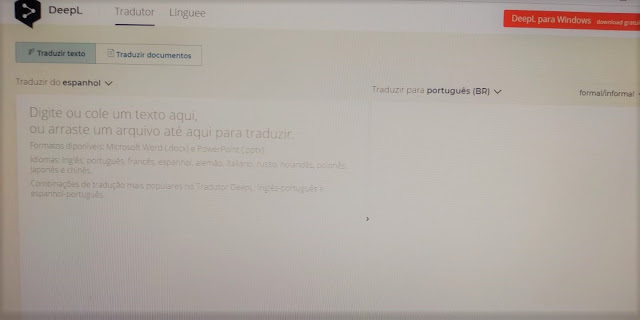According to press releases, the negotiating process of ACTA is virtually concluded. Statements released by authorities from the countries participating in the ACTA negotiations pointed that a few points only would still remain open and those points would not prevent a final agreement from being reached soon.
Brazil shares the main thrust of the concerns expressed by other delegations this week at the last session of the TRIPS Council and on the possible negative impact of ACTA. The following statement was delivered by Brazil:
“Let me give you four reasons why Brazil has a good deal of concern of its own regarding ACTA. I will confine myself to four reasons. But I could expand that list much further.
Reason # 1.
ACTA may affect the balance of rights and obligations embodied in the international intellectual property system between rights holders, on the one hand, and third parties who are users of protected goods and services, on the other.
Reason # 2.
Brazil favors multilateralism and multilateral solutions. In intellectual property matters, multilateral fora that have the legitimate credentials are the WTO and WIPO, whose deliberations are not only open to more than 140 member countries, but are also conducted in as transparent a way as possible, including representatives from civil society and NGOs.
Reason # 3.
ACTA proposes only one remedy against counterfeiting and piracy, and that remedy is repression. Repression is necessary. Let there be no doubt about it. But it is not enough to combat a problem that results from the interplay of factors that are to be found in different economic and social realities.
In Brazil, we are also victims of piracy and counterfeiting. We know from direct experience that repression alone will not be a substitute for a much-needed integrated approach to dealing with the complexity of the problem.
Reason # 4.
Specific provisions in the ACTA draft text that was released by the European Commission on October 6th may be interpreted as creating the seeds of a new international unit or organization.
Chapter 4 contains elements of international cooperation and capacity building that are not restricted to ACTA members, but are extensive also to other international organizations, including from the private sector, and prospective member countries.
Chapter 5 creates a Secretariat for ACTA.
Chapter 6 foresees that any WTO member country will be allowed to negotiate its “terms of accession” and become a party to ACTA.
Taken together, chapters 4, 5 and 6 contain, in brief, the necessary ingredients that may convert ACTA, over time, into a truly international organization dealing with the enforcement of IP rights, a development whose impact on WIPO and the WTO, especially on capacity building and technical assistance, are unpredictable at this stage.
Thank you.”








